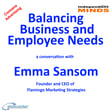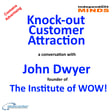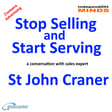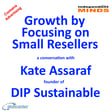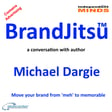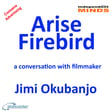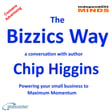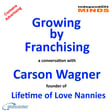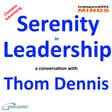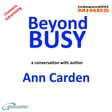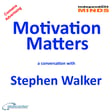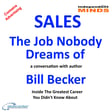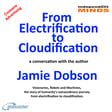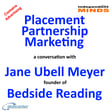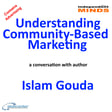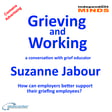
The Power of Remote – a conversation with author Shane Spraggs
The Independent Minds is the podcast where we don’t tell you what to think, but we do hope to make you think!
The Power of Remote
The world wants to work remotely, but not many employers, of any type or size, nor their employees have really worked out how to make remote working work.
Many managers struggle to adapt to managing people they cannot see immediately.
One manager who has worked out how to make remote working work is Shane Spraggs Partner at Virtira, a provider of project services geared to help revenue growth.
In this episode of The Independent Minds Shane shares with Michael Millward, some of the secrets of successfully managing remote workers that are contained in The Power of Remote the book he co-authored with Cynthia Watson.
You will hear how Shane structures his working day and his relationship with his team which is spread across Canada from the Atlantic to the Pacific.
We are sure you will like this episode of The Independent Minds, so be sure to give it a like and download it so that you can listen any time anywhere.
To make sure you do not miss future editions please subscribe.
The Independent Minds is made on Zencastr.
Zencastr is the all-in-one podcasting platform, on which you can create your podcast in one place and then distribute it to the major platforms like Spotify, Apple, and Google. It really does make creating content so easy.
If you would like to try podcasting using Zencastr visit zencastr.com/pricing and use our offer code ABECEDER.
Travel to Canada
Shane is based in Canada. If you would like to visit Canada, a good place to plan your travel is The Ultimate Travel Club. It is where you will get trade prices on travel including flights, and hotels.
Visit the Ultimate Travel Club and use our offer code ABEC79 to receive a discount on your membership fee.
You can find out more about both Michael Millward, and Shane Spraggs at abeceder.co.uk.
Three – the network
If you are listening to The Independent Minds on your smart phone, you may like to know that Three has the UK’s Fastest 5G Network with Unlimited Data, so listening on Three means you can wave goodbye to buffering.
Visit Three for more information about business and personal telecom solutions from Three. And the special offers available when you quote my referral code WPFNUQHU.
Being a Guest
If you are a podcaster looking for interesting guests or if like Shane, you have something very interesting to say Matchmaker.fm is where matches of great hosts and great guests are made. Use our offer code MILW10 for a discount on membership.
We recommend that potential guests take one of the podcasting guest training programmes available from Work Place Learning Centre.
If you have liked this episode of The Independent Minds, please give it a like and download it so that you can listen any time anywhere.
To make sure you do not miss future editions please subscribe.
Remember, the aim of all the podcasts produced by Abeceder is not to tell you what to think, but we do hope to make you think!
Thank you to you for listening.
